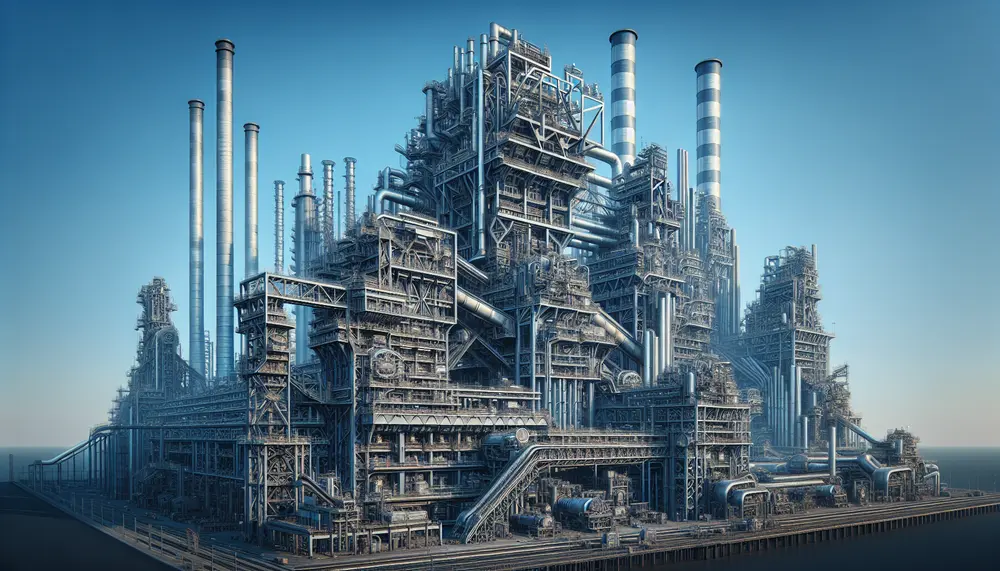Steel trade
Steel trade
Wenn wir vom Steel trade sprechen, beziehen wir uns auf den globalen Handel mit Stahl. Sie fragen sich vielleicht, was das genau bedeutet. In diesem Glossar-Eintrag führen wir Sie durch die Grundlagen des Steel trade und wie er mit der Steel production zusammenhängt.
Was ist Steel trade?
Der Steel trade bezieht sich auf den Kauf und Verkauf von Stahl in seinen verschiedenen Formen auf internationaler Ebene. Stahl ist ein international gehandeltes Gut. Das bedeutet, es wird weltweit gekauft und verkauft. Dabei können die Händler sowohl Produzenten als auch Käufer sein.
Die Verbindung von Steel production und Steel trade
Die Steel production und der Steel trade sind eng miteinander verknüpft. Hier ist der Grund: Die Steel production ist der Prozess, bei dem Stahl aus Eisenerz gewonnen wird. Ist der Stahl erst einmal produziert, muss er an die Käufer geliefert werden. Hier kommt der Steel trade ins Spiel. Der Stahl wird an Käufer auf der ganzen Welt verkauft. Das können zum Beispiel Autohersteller, Baufirmen oder Maschinenbauer sein.
Die Rolle von Steel Trade in der Weltwirtschaft
Der Steel trade spielt eine entscheidende Rolle in der Weltwirtschaft. Stahl ist eines der am meisten gehandelten Güter auf dem Planeten. Das macht den Steel trade zu einem wichtigen Faktor für das globale Wirtschaftswachstum. In Ländern, in denen viel Stahl produziert wird, kann der exportierte Stahl einen großen Anteil am nationalen Einkommen ausmachen.
Zusammenfassung
Kurz gesagt ist der Steel trade ein wichtiger Teil der Weltwirtschaft. Er ist eng mit der Steel production verknüpft und ermöglicht den Transport des produzierten Stahls zu Käufern weltweit. Ohne den Steel trade wäre die moderne industrielle Produktion, wie wir sie kennen, kaum denkbar.
Blog Posts with the term: Steel trade
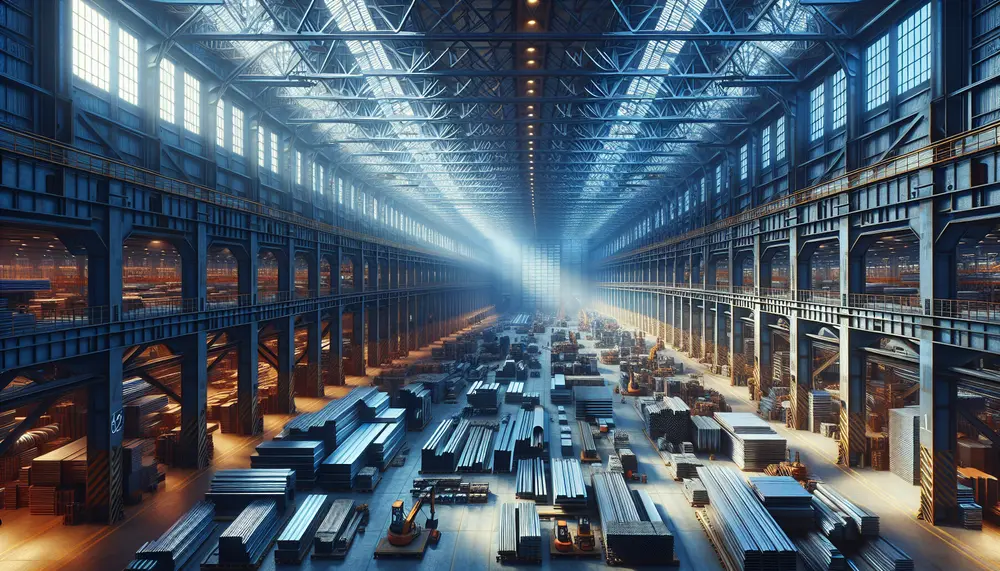
Nigeria's steel production industry is crucial for its industrial development, with potential to become a major producer due to iron ore deposits. However, the sector faces challenges such as small-scale operations and requires strategic solutions for sustainable growth. The evolution...
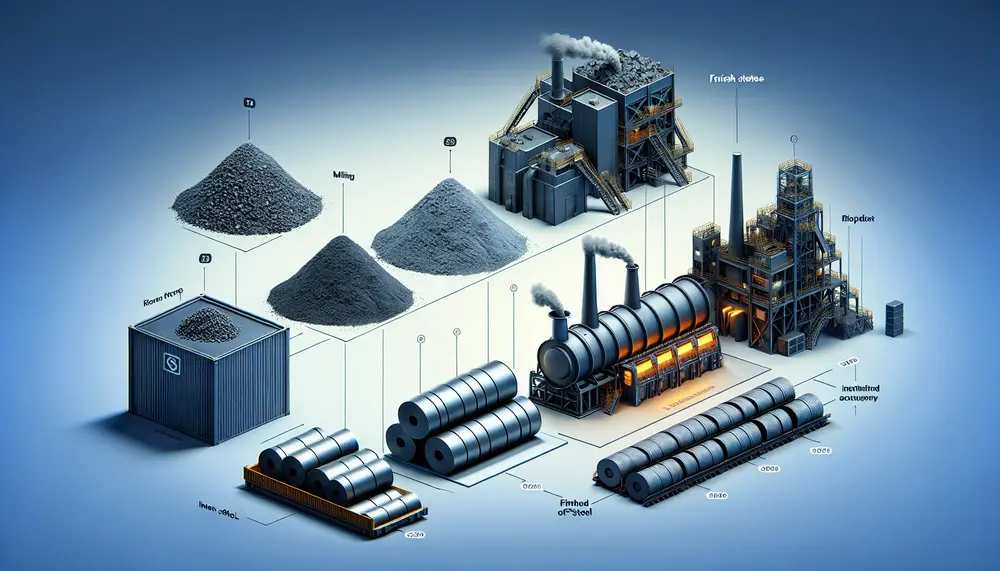
The steelmaking value chain is a complex process that transforms raw materials like iron ore, coking coal, and limestone into high-quality steel through strategic steps involving technological innovation to optimize efficiency and reduce environmental impact. Understanding this value chain helps...
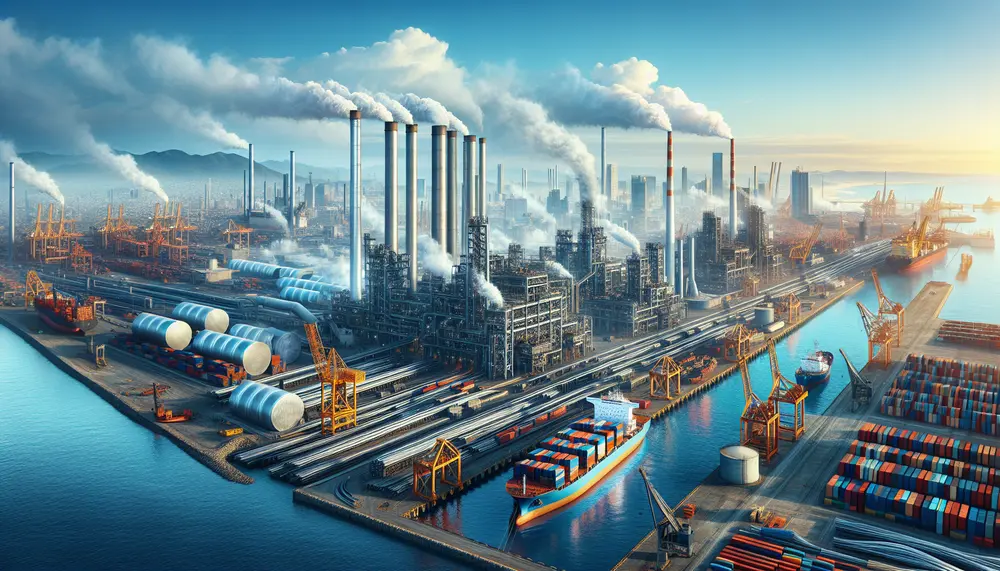
Mexico's steel industry has grown significantly due to rich resources, strategic location, skilled workforce, and modern technology. Challenges include high energy costs, competition from lower-cost countries, price fluctuations, and environmental concerns....
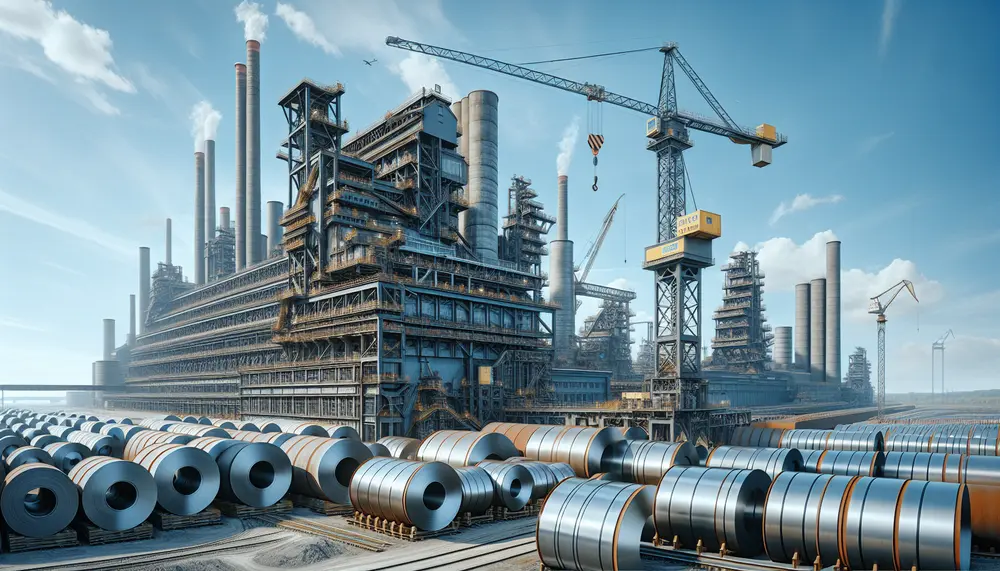
The steel industry in the Netherlands is integral to its economy, known for innovation and sustainability, with a focus on high-grade production used across various sectors. The Dutch sector's evolution has been shaped by historical shifts and strategic investments like...
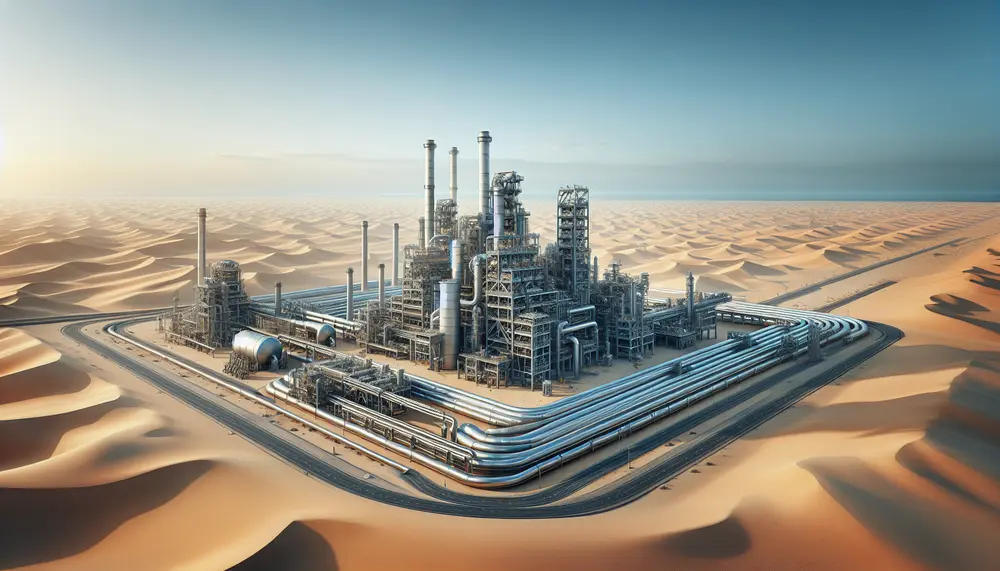
Kuwait's steel production is on the rise due to government initiatives, modernized facilities, and strategic location for trade. This growth supports economic diversification and attracts investment but also raises concerns about environmental impact and resource usage....
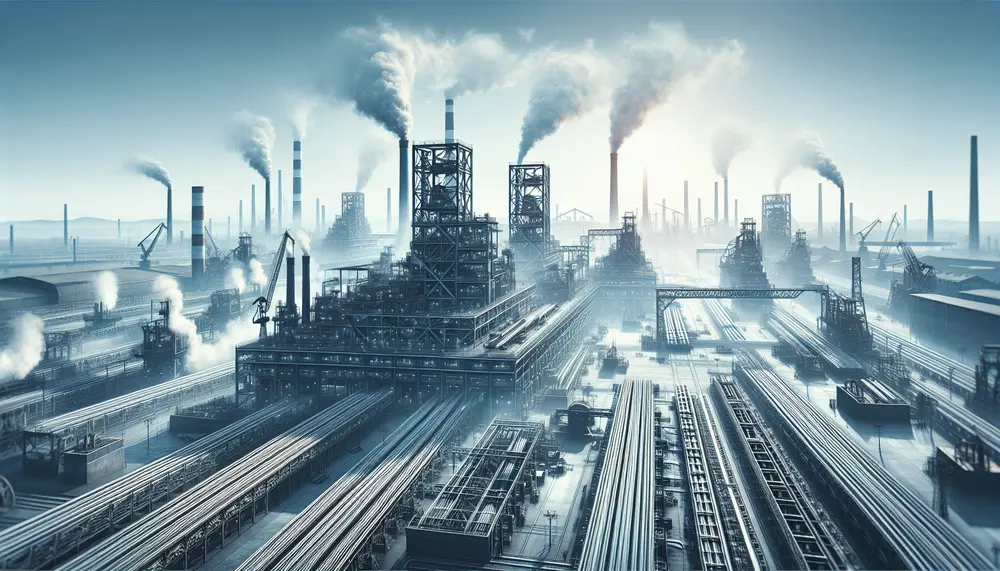
Steel production in the United States varies by state, reflecting unique resources, workforce skills, and industrial strategies; key states like Indiana, Pennsylvania, Texas, and Ohio lead due to factors such as natural resource availability and technological innovation. Mini-mills have revolutionized...
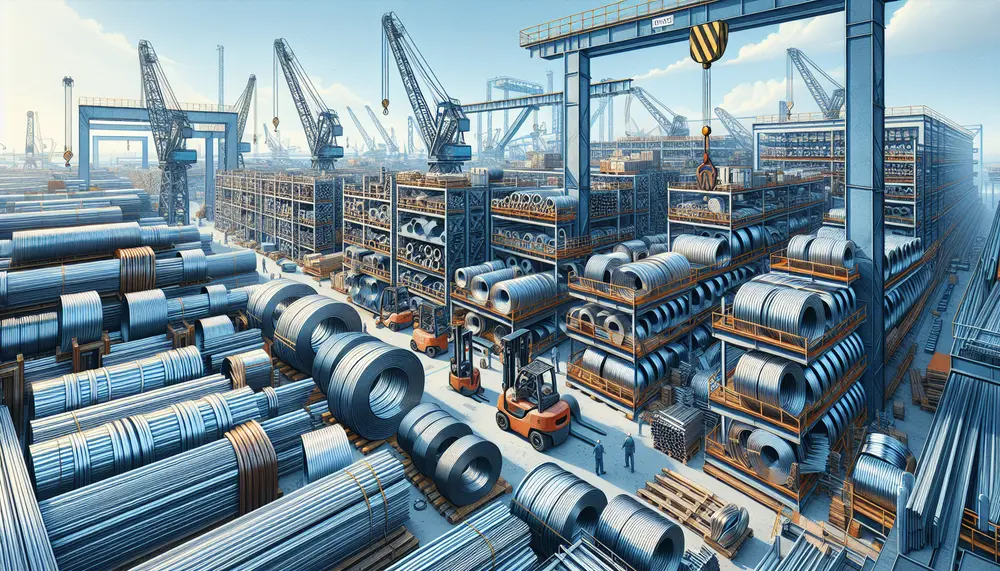
The global steel industry is a critical component of modern infrastructure and economic growth, with production levels indicative of a country's development stage. China dominates the market as the largest producer, while other key nations like Japan, Germany, and India...
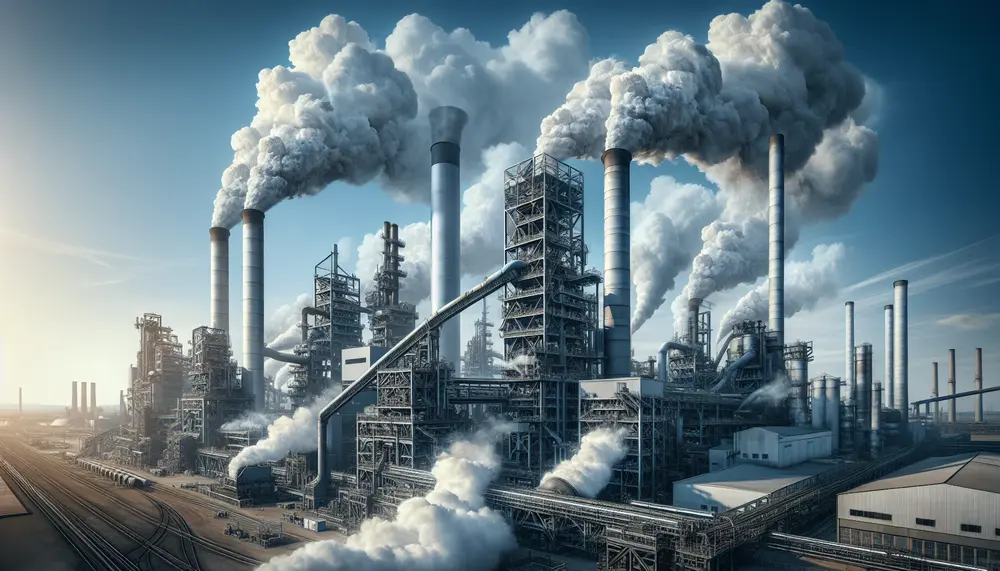
The global steel production landscape is a complex network essential for various industries, influenced by factors like raw material availability and technological advancements. China leads in output with other key players being India, Japan, and the US; sustainability efforts are...
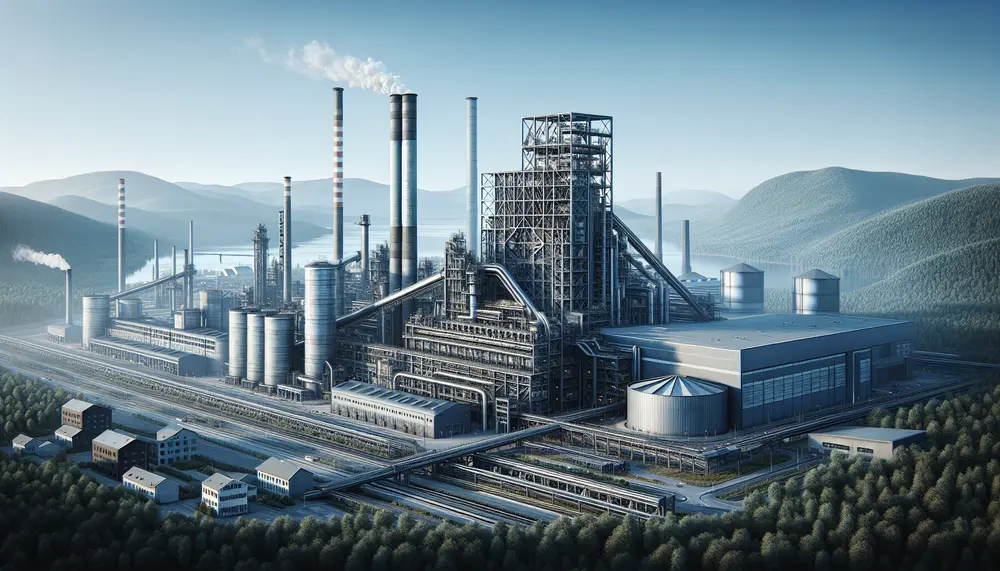
Norway's steel industry is known for its innovation, sustainability, and use of clean energy like hydroelectric power and hydrogen to minimize environmental impact while maintaining high-quality production. Despite challenges such as high labor costs and reliance on imported raw materials,...
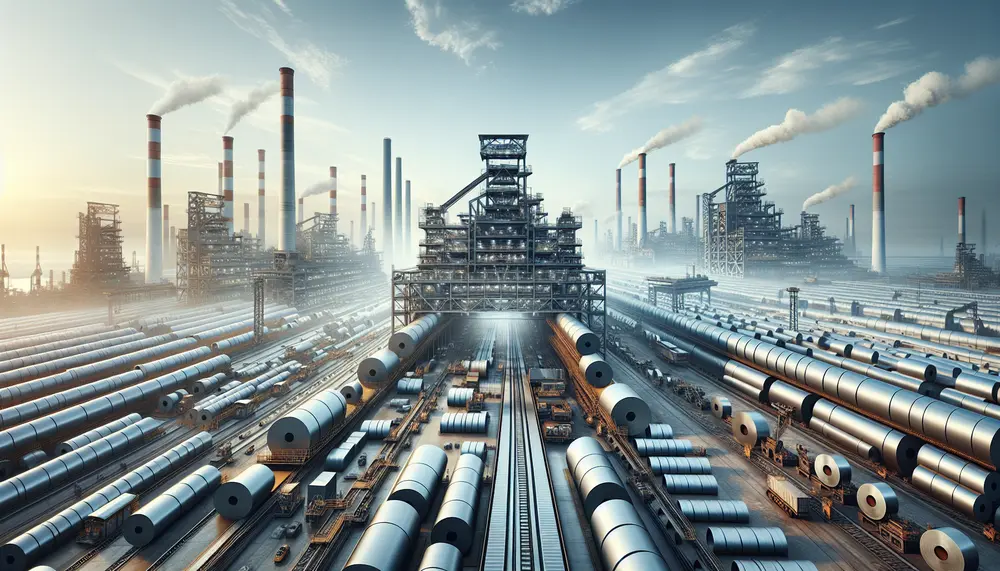
South Korea is a key player in the global steel market, known for its production capacity, innovation, and high-quality specialty steels. The industry's economic impact on Korea includes job creation and skill development while driving foreign investment and technological advancement;...
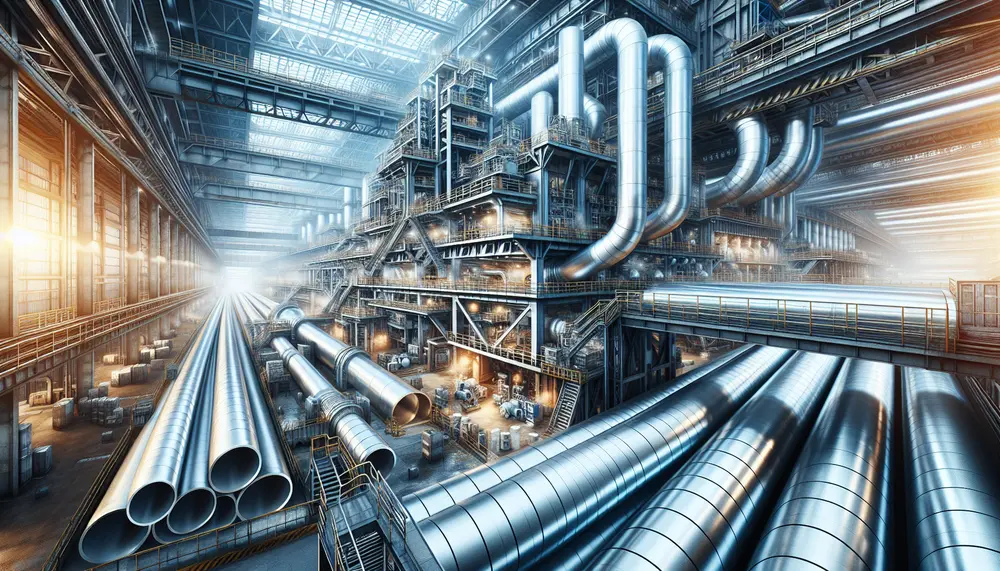
Japan's steel industry rose from the post-WWII era to become a global leader through strategic investments in technology, quality control, and export-oriented policies. Key factors for this success include R&D commitment, high-quality standards, advantageous locations for trade routes, skilled workforce...
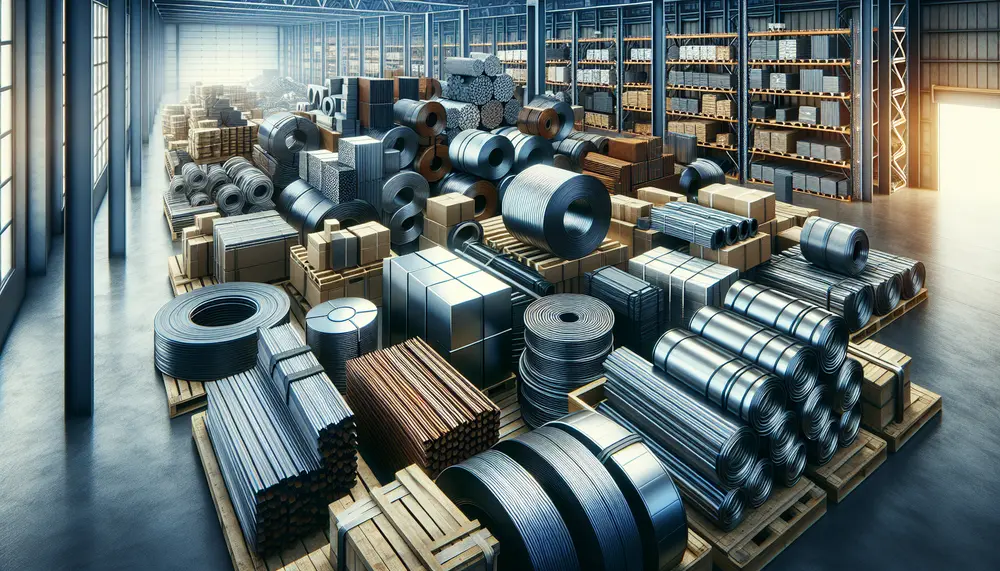
HTS codes are essential for classifying steel products in international trade, determining tariffs and compliance with regulations. They require precise understanding due to their complexity and frequent updates influenced by global trade changes....
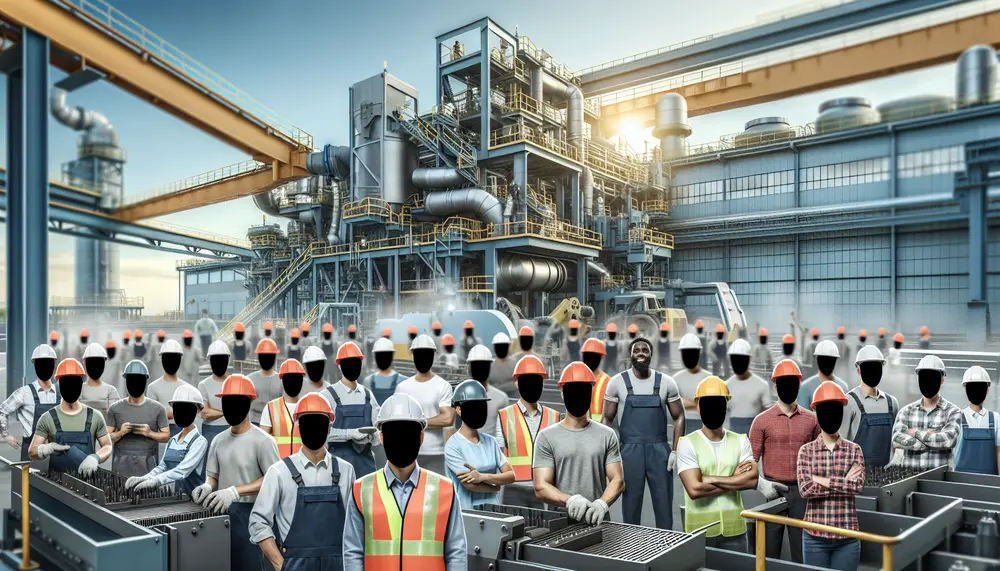
Steel production is intertwined with human rights, necessitating ethical responsibility to protect workers and communities throughout the supply chain. The industry faces challenges such as unsafe working conditions and environmental impacts but is moving towards addressing these through adherence to...
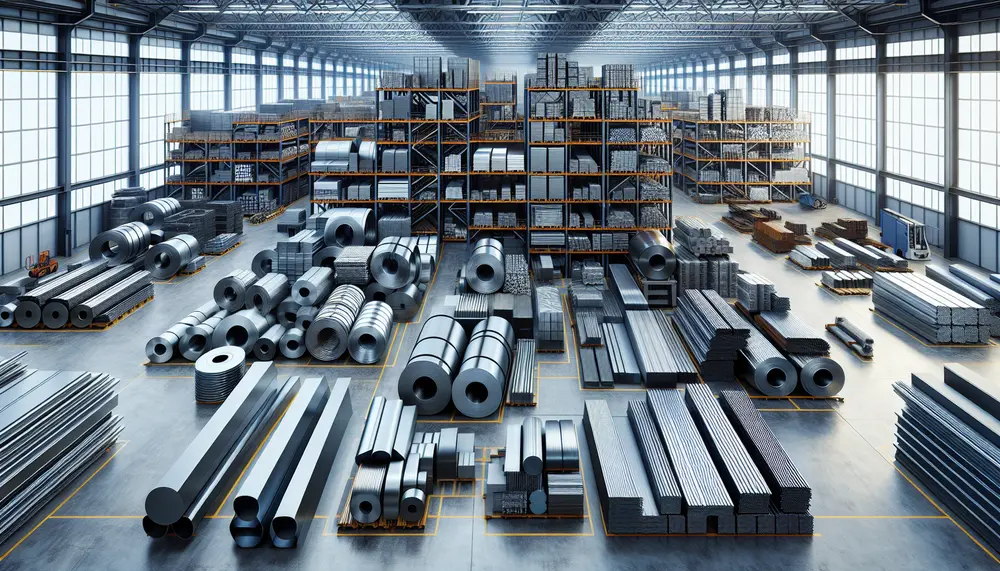
The steel products market is a vital, diverse industry integral to various sectors and driven by demand for durable materials. It's influenced by global economic trends, technological advancements, sustainability efforts, and competitive factors such as cost management and regulatory compliance....

